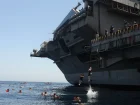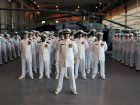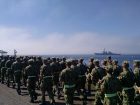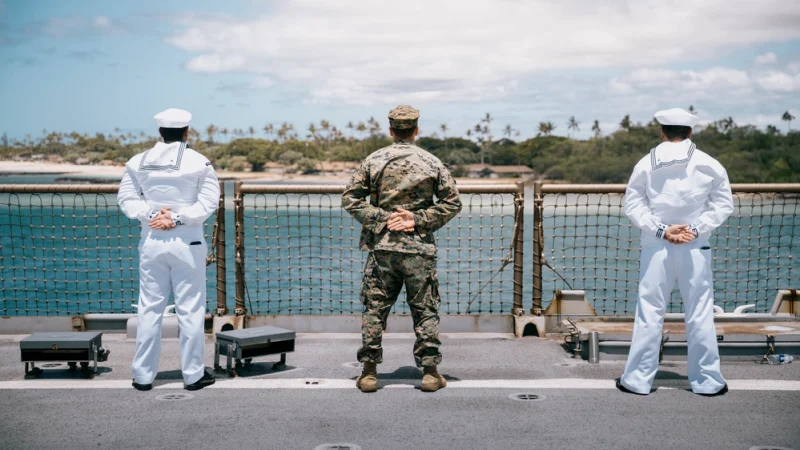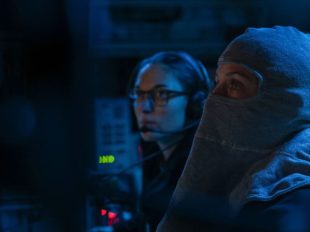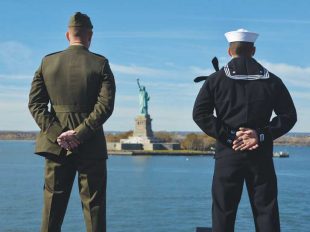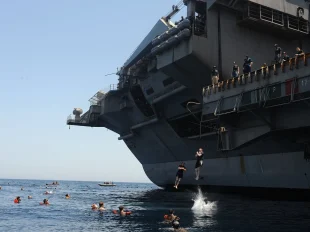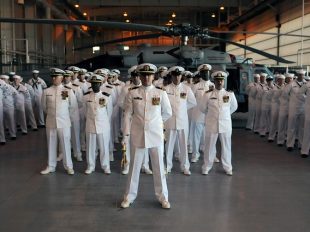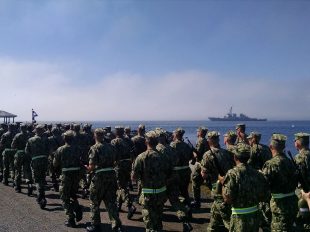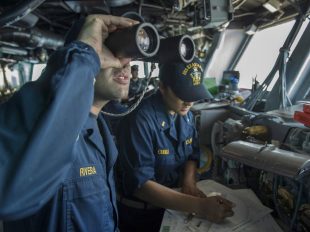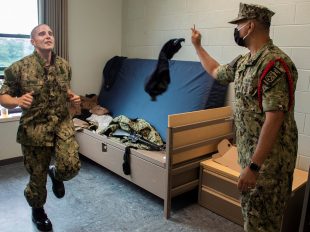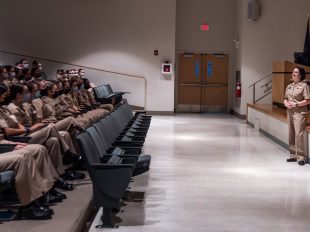You did it. You survived the smoke sessions at Newport, conquered Officer Candidate School, and felt the weight of those Ensign bars on your collar for the first time. You’ve earned the right to be called “Officer,” and in your hand, you’re holding a set of orders to the Navy’s nuclear training pipeline. First stop: Charleston, South Carolina.
The excitement is real, but so are the questions. My inbox gets flooded with them from newly commissioned Ensigns just like you. “When does Power School actually start?” and, more importantly, “My sister’s getting married in three months, can I take leave to go?”
As a veteran who has seen countless junior officers start this journey, let me give you the straight scoop—the kind of advice you won’t find in a formal Navy manual.
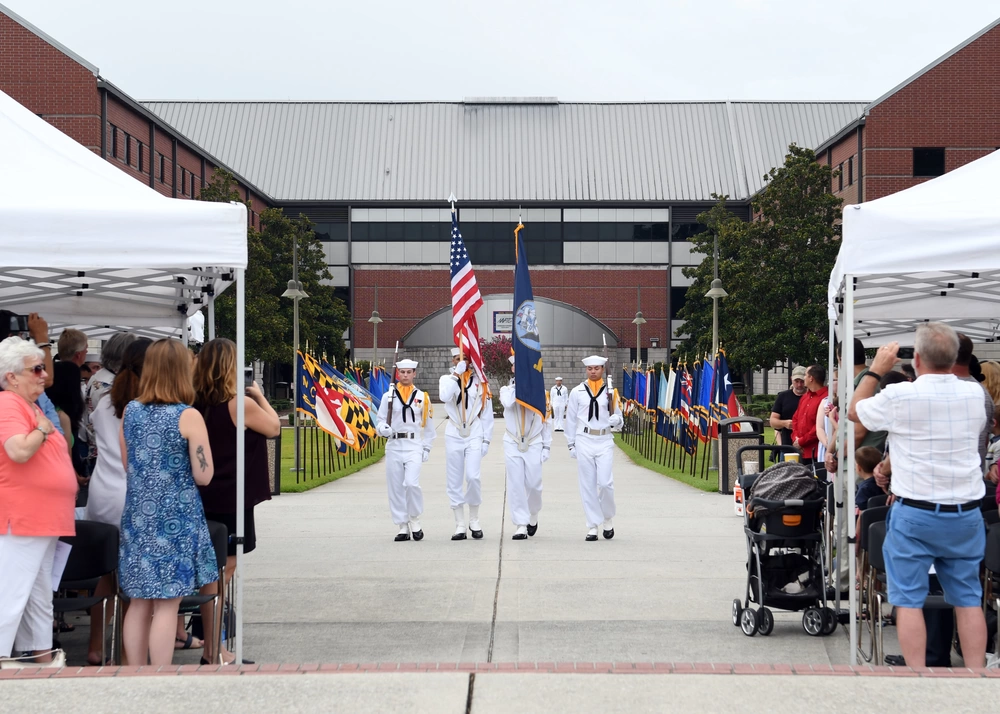
The Pipeline Doesn’t Wait
First, let’s talk timing. A lot of candidates assume that Nuclear Power School starts a new class exactly when an OCS class graduates. It’s a logical thought, but the reality is a bit different. The nuclear training pipeline—that’s what we call the entire sequence of schools from Power School to Prototype and beyond—is a constantly moving machine. It has to be, because it takes in officers from OCS, the Naval Academy, and ROTC units all year round.
You won’t be waiting long. The Navy invests a tremendous amount of money into its nuclear officers, and they don’t like to have you sitting around. Expect to report to Charleston fairly quickly after commissioning. Classes convene frequently, often monthly or even more, so you’ll slot right into the next available one.
Remember, your path depends on your community. If you’re a Submarine Officer, you’re heading straight to Charleston after OCS. If you’re a SWO(N), a Surface Warfare Officer (Nuclear), you’ll first go serve a tour on a conventional ship to earn your warfare pin before you ever see the inside of a Nuke School classroom.
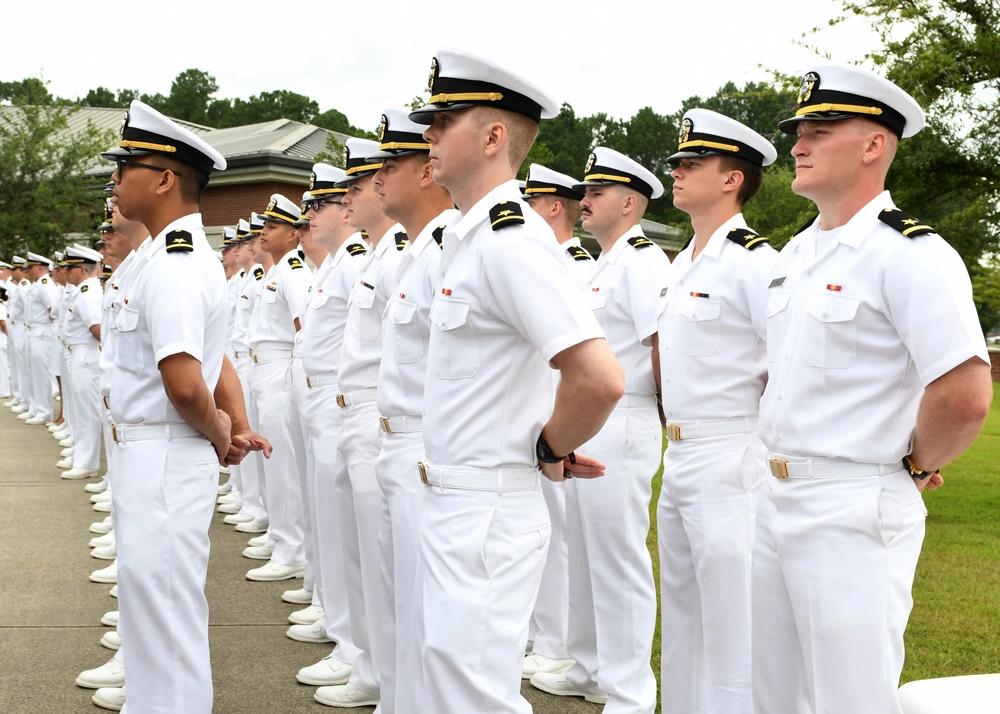
The Hard Truth: Leave, Liberty, and That Wedding
Now for the big question about taking leave. Let’s say your family is planning a huge event, like that wedding. Can you put in a leave chit, which is the formal request form for taking vacation time, and head home for a long weekend?
In all my years, I can tell you the answer is almost certainly no.
To understand why, you need to know the fundamental difference between liberty and leave.
- Liberty is your regular time off. It’s the weekend. You can leave the base, explore Charleston, but you must stay within a prescribed mileage limit and be ready to report back to base on short notice if recalled. This is not for flying across the country.
- Leave is your earned vacation time. It has to be requested in advance and approved by your chain of command. This is what you use for major trips and family events.
Nuclear Power School is a six-month academic sprint, and it is famously one of the most demanding schools in the entire U.S. military. The amount of information you’ll be expected to absorb—from advanced physics to reactor dynamics—is staggering. Falling behind is not an option. The program is designed to test your academic limits and your ability to perform under pressure.
Because of this intensity, the command’s primary mission is to get you through the curriculum successfully. Taking a few days off for a personal event would disrupt your learning and the class schedule. The only time I’ve seen leave approved mid-school is for a genuine, documented family emergency. A wedding, as wonderful as it is, doesn’t meet that bar.
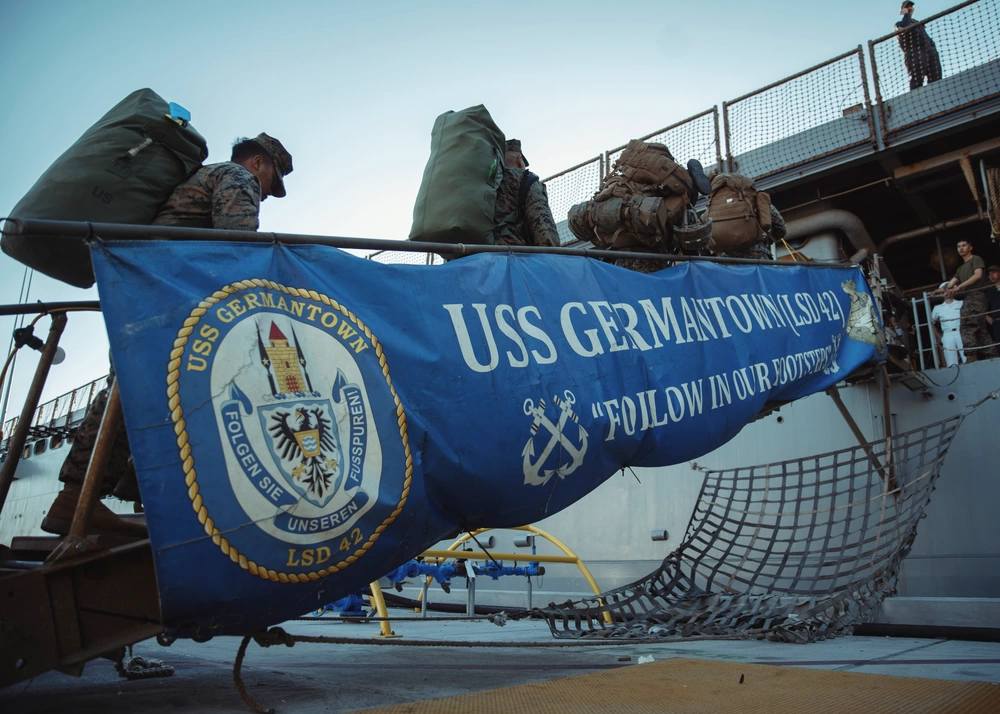
So, When CAN You Go Home?
Don’t despair. You will get to go home. The key is to plan for it during the built-in breaks between your major training commands. Your best opportunities for taking a solid block of leave are:
- After OCS, before Power School: You’ll usually have a brief period for travel and checking in.
- After Power School, before Prototype: This is often the most common and longest break you’ll get in the pipeline. Once you graduate from the academic portion, there is typically a window before you start Prototype—the hands-on portion where you learn to operate a real reactor.
My advice? Tell your family to plan those major events around these windows. It requires patience and understanding from them, but it’s the reality of life in one of the Navy’s most elite communities.
The nuclear path is a challenging one that demands sacrifice from day one. But the rewards, responsibility, and experiences that await you in the fleet are second to none. Keep your eyes on the prize, focus on your studies, and know that the time for celebration will come.
Stay sharp.





